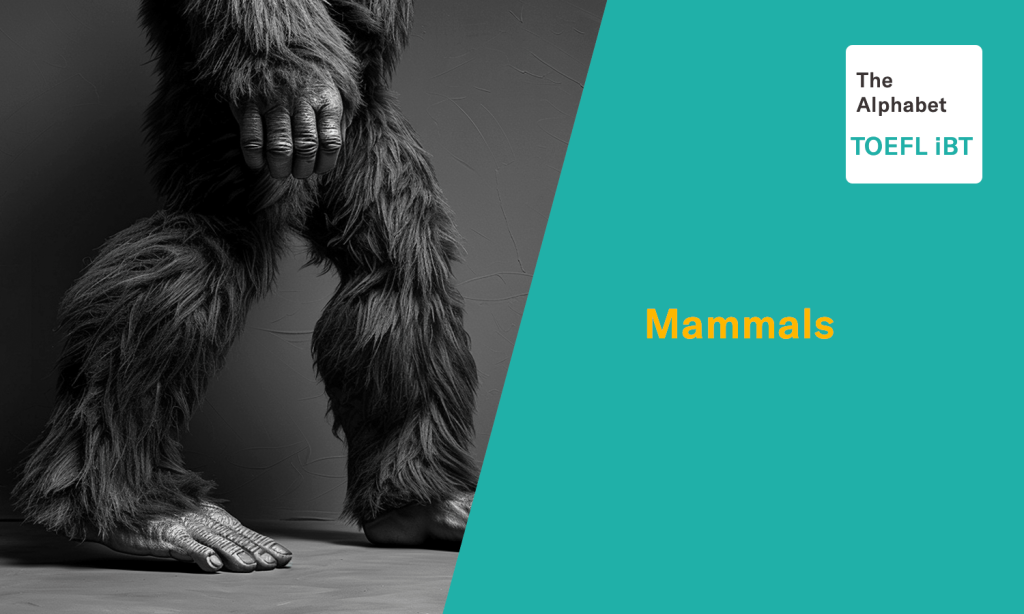For decades, scientists believed that the brain’s neurons were largely fixed from birth, with little capacity for regeneration. However, emerging research has shown that specific regions of the adult brain can generate new neurons, albeit at a significantly reduced rate. This phenomenon, known as adult neurogenesis, has long intrigued researchers, particularly its potential role in cognitive function.
In mice, adult neurogenesis is well-documented, with studies revealing its importance in spatial learning and memory. Mice rely on these new neurons to navigate new environments visually. However, translating these findings to humans has proven challenging due to the technical difficulty of identifying and analyzing new neurons in human brains. Furthermore, the rarity of these neurons in adults has raised questions about their functional relevance in human cognition.
Unlike in mice, our recent research reveals that neurogenesis in the adult human brain is linked not to spatial learning but to verbal learning — the ability to learn and remember information from listening to others. This discovery underscores significant differences between neurogenesis in humans and animal models, emphasizing the need for human-centered research.
Our study focused on patients with drug-resistant epilepsy who underwent brain surgery to manage their seizures. Prior to surgery, these patients completed cognitive assessments to evaluate various aspects of their cognitive function, including verbal and spatial learning. Brain tissue collected during surgery allowed us to examine markers of neurogenesis under the microscope.
The results revealed a clear association between the presence of new neurons and reduced cognitive decline, particularly in verbal learning. Patients with higher levels of neurogenesis demonstrated better abilities to learn from listening and retain information, a vital skill for everyday interactions.
This finding diverged from earlier assumptions based on mouse models, where new neurons primarily assist with navigating physical spaces. In humans, verbal learning and memory appear to be the primary beneficiaries of adult neurogenesis.
Verbal learning is a critical cognitive function that often declines with age and is further exacerbated in conditions like dementia and epilepsy. As global populations age, the burden of cognitive decline on healthcare systems is expected to grow. Understanding how neurogenesis supports verbal learning offers a potential pathway to developing therapies for these challenges.
Past research has shown that people with epilepsy, Alzheimer’s disease, and other dementias tend to produce fewer new neurons as adults compared to those without these conditions. Our findings suggest that enhancing neurogenesis could help mitigate cognitive decline and improve brain health in such individuals.
To translate these findings into practical applications, our team has initiated a clinical trial to investigate whether aerobic exercise can boost neurogenesis and improve cognition in epilepsy patients. Early results from the trial, which is currently in Phase 1, have shown promising safety outcomes, with two patients completing the study successfully. We aim to recruit more participants to further assess the therapy’s efficacy.
This trial marks a critical step toward bridging basic scientific research with clinical interventions, aiming to enhance cognitive health for individuals with neurological conditions.
The implications of our findings extend beyond epilepsy. Understanding how neurogenesis contributes to human cognition could inform treatments for a variety of cognitive disorders and aging-related decline. While current epilepsy treatments primarily focus on reducing seizures, integrating therapies that enhance neurogenesis could address the often-overlooked cognitive challenges faced by patients.
The differences between neurogenesis in mice and humans underscore the need for more human-focused studies. While animal models remain invaluable for foundational research, studying biological processes like neurogenesis directly in humans ensures that findings are relevant and translatable to clinical practice.
By combining cutting-edge laboratory techniques with patient-centered clinical trials, we aim to uncover the full potential of adult neurogenesis in supporting lifelong cognitive health. Although treatments targeting neurogenesis are still in their infancy, our research offers hope for new strategies to combat cognitive decline in aging populations and neurological disorders.




